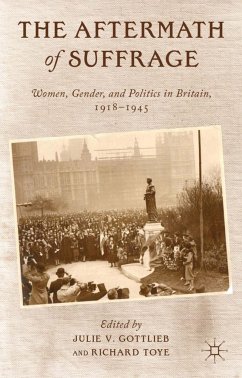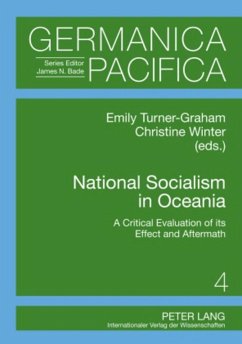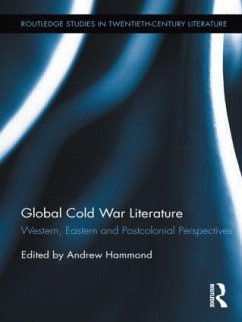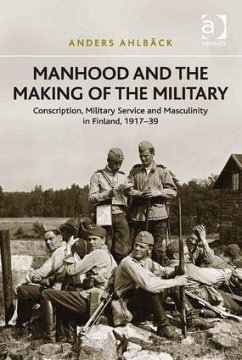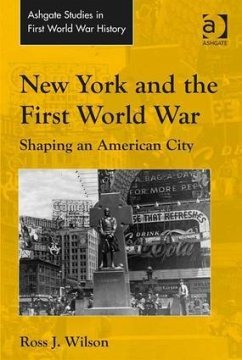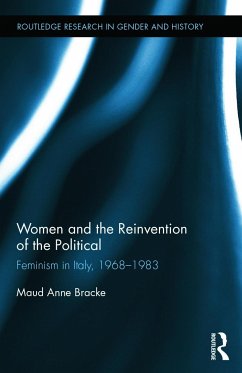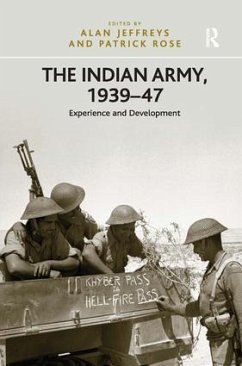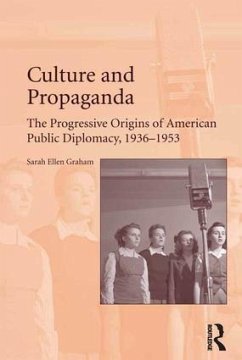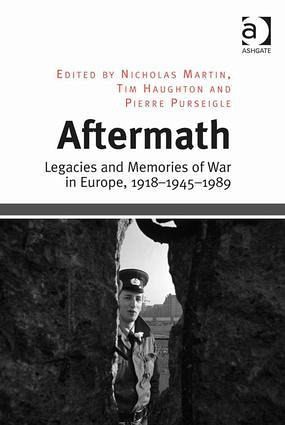
Aftermath
Legacies and Memories of War in Europe, 1918-1945-1989
Herausgeber: Martin, Nicholas
Versandkostenfrei!
Versandfertig in 1-2 Wochen
168,99 €
inkl. MwSt.
Weitere Ausgaben:

PAYBACK Punkte
84 °P sammeln!
Focusing on three of the defining moments of the twentieth century - the end of the two World Wars and the collapse of the Iron Curtain - this volume presents a rich, interdisciplinary collection of authoritative essays, covering a wide range of thematic, regional and methodological perspectives. By re-examining these traumatic years it illuminates ideas concerning mythologisation, mobilisation, commemoration, confrontation and representation in the aftermath of conflict. The relationship between the living and the dead, the contestation of memories and legacies of war in cultural and politica...
Focusing on three of the defining moments of the twentieth century - the end of the two World Wars and the collapse of the Iron Curtain - this volume presents a rich, interdisciplinary collection of authoritative essays, covering a wide range of thematic, regional and methodological perspectives. By re-examining these traumatic years it illuminates ideas concerning mythologisation, mobilisation, commemoration, confrontation and representation in the aftermath of conflict. The relationship between the living and the dead, the contestation of memories and legacies of war in cultural and political discourses, and the significance of generations are all key threads binding the collection together.





